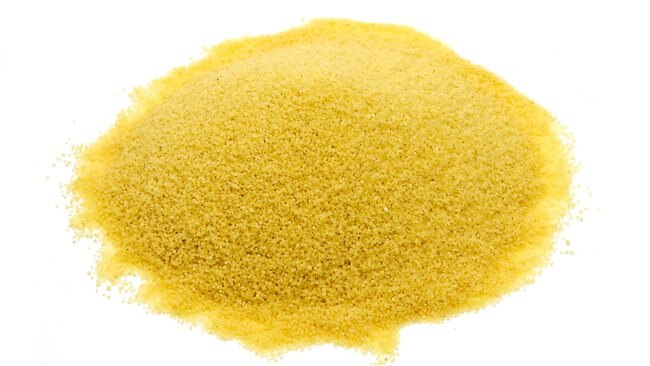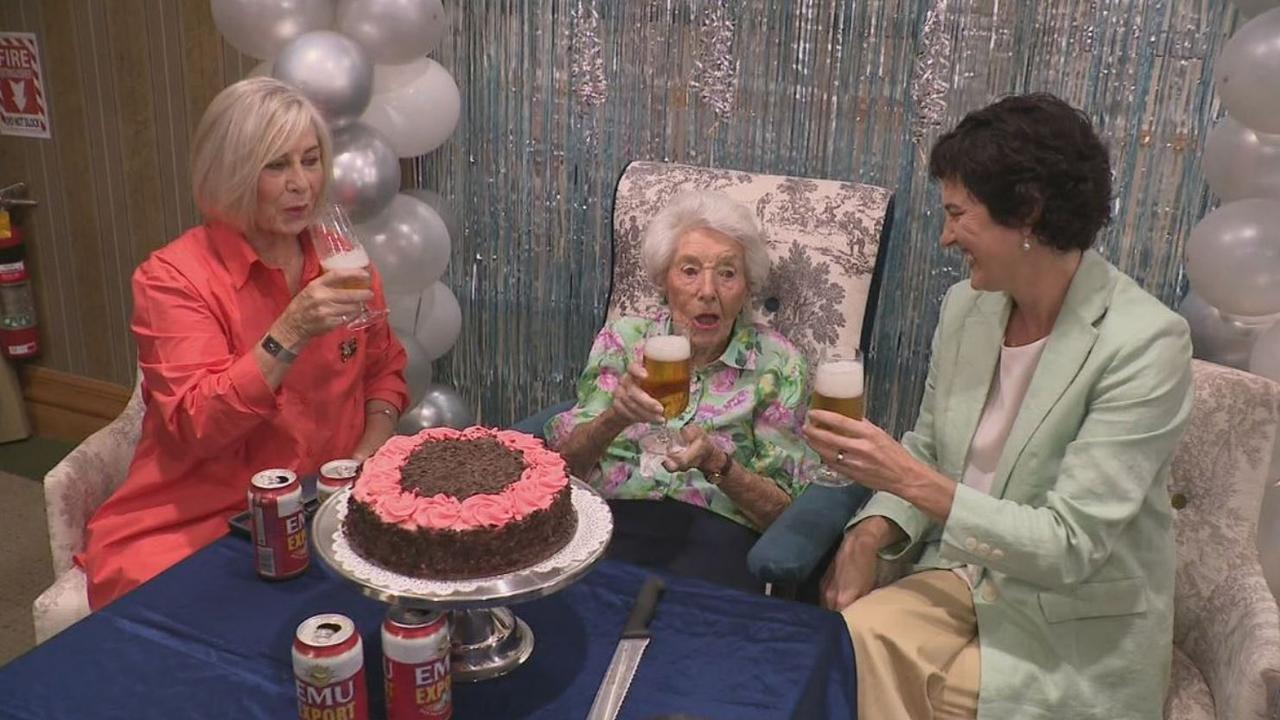The 'healthy' foods that aren't so healthy
COUSCOUS is not much better for you than cakes or pastries, plus five other health food impostors.

COUSCOUS is not much healthier than cakes or pastries, according to a report published by Australian scientists in the Journal of Nutrition and Dietetics.
The researchers say its glycaemic index (GI) is high (which means it can trigger unhealthy fluctuations in blood sugar and insulin), and its nutritional content is low (it's not particularly high in fibre, vitamins or minerals).
It's now known that a high intake of low-quality carbs is as bad as having too much saturated fat, so don't overdo your couscous consumption.
Couscous joins things like apple juice and iceberg lettuce on the list of 'healthy' foods that aren't so good for you:
Apple juice
Apple juice is lower in vitamin C and not as high in potassium or folic acid as other drinks such as orange juice.
In fact, a recent article in the Journal Of Human Nutrition And Dietetics evaluated the nutrient density of apple juice as similar to that of fruit squash. On the plus side, apple juice doesn't play havoc with your blood sugar levels and does contain flavonoids that are part of our armoury against heart disease. But overall, compared with many other fruits and juices, it packs much less of a health punch.
GET IT RIGHT: Choose juice blends - apple with mango or raspberry, for example, will be higher in vitamin C. A whole apple is a better than the juice, as it contains more fibre.
Iceberg lettuce
Lettuce and leaves of all types are extremely low in calories, but you need a big pile - a whole 80g bag - to count as one of your seven required fruit or vegetable servings a day. In a sandwich you're likely to get only 10g, or just an eighth of a portion.
Leaves vary a great deal in their nutritional value. Iceberg lettuce is the worst culprit, with a 50th of the beta carotene content of watercress and half the folic acid content of spinach leaves. So, a handful of leaves on your plate won't count as a portion nor deliver the health benefits as the same volume of boiled, steamed or stir-fried vegetables, which provide more fibre, vitamins and antioxidants.
GET IT RIGHT: Greener leaves are more nutritious. To make a modest dessert bowl of salad count as a vegetable portion, add carrot, cucumber, sweetcorn or tomato. Alternatively, wilt leaves to make it easier to eat more of them.
Cottage cheese
It's hard to believe there could be anything wrong with virtuous cottage cheese, but if you're using it as a healthier alternative to harder cheeses, you could be missing out on calcium.
Cheddar on two crackers provides 295mg (37 per cent of the recommended daily amount), whereas two crackers spread with cottage cheese supplies just 51mg of the mineral and a mere six per cent of your recommended daily amount. Surprisingly, cottage cheese also has up to 50 per cent more saturated fat than full-fat milk.
GET IT RIGHT: Cottage cheese from a supermarket 'healthy eating' range will be lower in saturated fat. Team with lots of leafy salad greens, such as watercress, to boost calcium.
Coconut
An 80g portion of fresh coconut flesh can count as one of your seven a day, but, very unusually for a fruit, it's astonishingly high in saturated fat. In fact, coconut contains even more saturated fat than whipped cream - a typical serving of 80g supplies 1188.6 kilojoules (283 calories) and 24g of saturated fat.
On the bright side, a high proportion of the saturated fats in coconut are medium chain triglycerides, which have the unusual benefits of increasing the amount of calories burnt off as heat - and therefore not laid down as fat. These triglycerides might not be quite as bad in terms of their artery-clogging effects as other saturated fats either, although the jury is still out on this issue.
GET IT RIGHT: It's best not to eat coconut more than once a week and when you do, stick to just a half size (40g) portion.
Smoked mackerel
ALTHOUGH rich in healthy omega-3 fats, a smoked mackerel fillet weighing 125g contains 1890 kilojoules (450 calories) - that's a large portion of McDonald's fries.
It's also laden with 39g of fat, including 17g of saturated fat, which is 85 per cent of the recommended daily amount (RDA). Furthermore, it supplies 3.4g of salt - nearly 60 per cent of the RDA.
GET IT RIGHT: Eat fresh mackerel fillets instead and grill them. Smoking draws water out of it, making it more dense and higher in calories gram for gram. A 150g serving (one or two fillets) will still give all the omega-3s you need for a week, but just a quarter of your daily allowance of saturated fat and no added salt. You'll also save around 420 kilojoules (100 calories).



